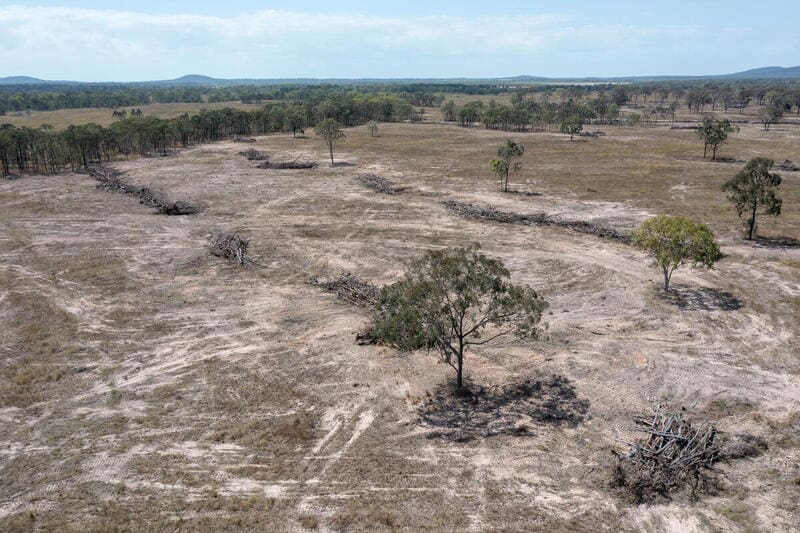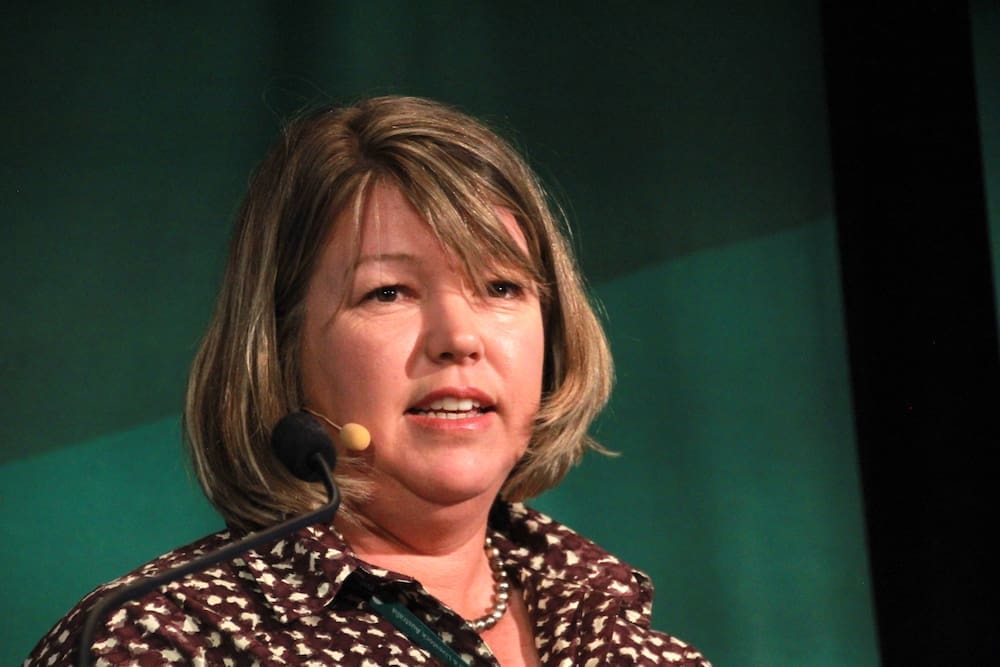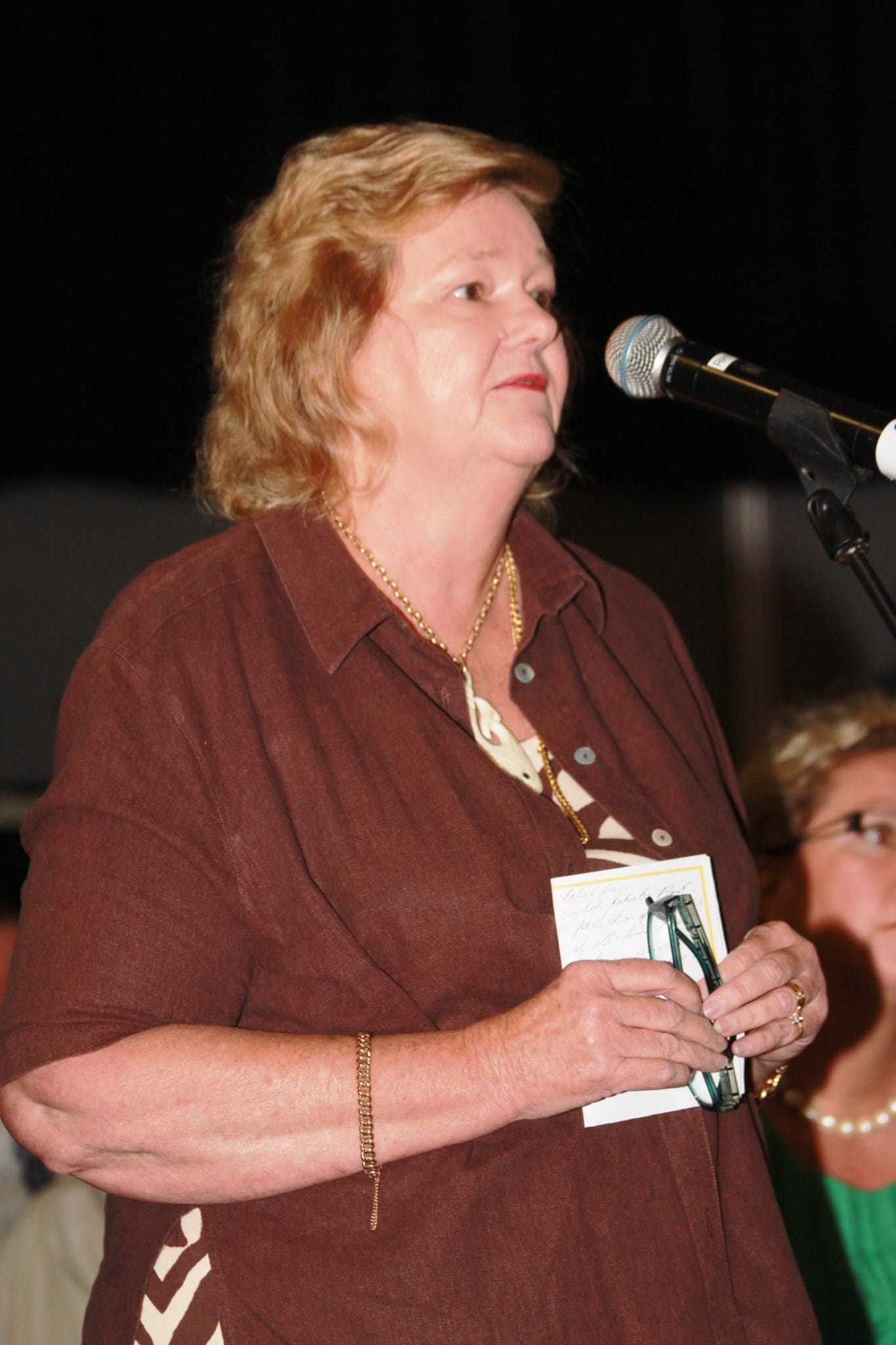CATTLE Australia has been urged to go “toe-to-toe” with environmental groups on deforestation targets, as the organisation works towards developing a definition of deforestation in the Australian context.
Later this year, the European Union is set to bring in non-tariff trade barriers banning the import of goods linked to deforestation. Banks and supply chain companies like McDonald’s, supermarkets and processors are set to follow with their own “deforestation free” targets.
CA has responded by putting together a “land management commitment” which aims to put an Australian industry definition on what is land management and what is deforestation. It put out an information paper on the policy three-weeks-ago, with submissions closing at the weekend.
Central Queensland beef producer and processor Josie Angus took to social media on the weekend to rally submissions to the proposal – with a post explaining her position and urging CA to go “toe-to-toe” with the environmental groups.
Ms Angus, who was part of the technical working group for the ‘land management commitment’ and exports beef to Europe, said she was mostly supportive of CA’s work.
“I am very happy that CA has undertaken this work and I think it has brought the industry to a point where we can call the environmental groups out,” she told Beef Central.
Ms Angus has been calling on the industry to adopt the international definition of deforestation, which excludes land used for grazing cattle.
She said many of the international definitions recognise land management practices that are used in Australia – which has the potential to inspire global collaboration on the issue.
“I think we have overcomplicated the process by trying to put an Australian context to everything. A lot of our land management practices are similar to practices overseas – for example pulling brigalow is similar to the way they manage mesquite in Texas,” she said.
“If we adopt the international definitions, which accept these practices, and the World Wildlife Fund or McDonald’s want to argue it, then they are not just taking it up against a couple of producers in Qld – they are taking it up with the United Nations.”
Ms Angus said she felt the process has become about pitching a policy to producers, rather than producers explaining land management to the supply chains and environmental groups.
“The people that need the understanding here are the banks and McDonald’s and those other groups who want answers to these questions,” she said.
“What we have to highlight to them is the importance of managing trees for biodiversity and agricultural production and the extraordinary level of protections that exist from state and federal legislation.”
PRA raises concerns about environmental groups
Lobby group Property Rights Australia says it has concerns about the influence of environmental organisations over the policy being set for the industry.
In a submission to CA, PRA’s Joanne Rea said the organisations have been attacking the industry for a long time and will never be satisfied.
“Banks who have or intend to have “deforestation-free” products, need to be aware that WWF and other ENGOs are not the experts on this topic. They are activist groups with activist agendas and do not care about unintended consequences,” Ms Rea said.
“CA’s reactionary and rushed attempt at a definition of ‘deforestation’ will not stop them continuing to undermine our industry. To believe so is to be naïve. Once they have a win, they lift the bar.”
Ms Rea said she was particularly concerned about the tiered system proposed in CA’s information paper – especially the classification of a “regenerated forest” which would cover land that meets height and canopy cover thresholds and that was last cleared before 1990.
“It will stop any prospect of development in Northern Australia, including effective weed management. Many Native Title areas will not be able to be put to productive use. Landowners who have carbon farming projects involving woody vegetation, with grazing excluded, will be unable to return to grazing after their contracts expire.
“CA is spending far too much time on bureaucracy which is doing nothing to reduce red and green tape and not enough on public communication and advocacy.”
CA welcomes producer feedback
CA chief executive officer Chris Parker said the paper was about representing producers and not environmental groups.
“The eNGOs have clearly shown they are opposed to this paper, however CA is committed to representing the interests of all grass-fed cattle producers on this issue,” Dr Parker said.
“This is about equitable outcomes for our producers, not the views of eNGOs.”
Dr Parker said CA had received plenty of feedback from producers since it released the information paper.
“We will continue to fight for the rights of Australian grass-fed cattle producers to maintain and grow their businesses,” Dr Parker said.
“This is a genuine effort to resolve a difficult issue for Australian beef producers – one that is becoming increasingly important to our supply chain and requires an industry-led solution. The Land Management Commitment information paper received fantastic engagement and we have been very encouraged by the responses.
“Stakeholder consultation is integral to achieving our goal of equitable outcomes for all producers, and we believe this latest round of consultation will ensure the best policy position can be developed. We extended the timeline to ensure we were able to incorporate as many views as possible, recognising the initial two-week consultation period was going to be insufficient.”
Asked why CA is not just adopting the international definition of deforestation, Dr Parker said the international definitions were important the land management commitment but needed to be adapted to Australia.
“There is a range of definitions currently in existence, all of which would require measurement and verification for use in supply chains,” he said.
“Any definition applied to Australian producers should account for the specific nuances of the Australian production system and be formulated with Australian beef producers front of mind.
“It is for this reason we are developing the Land Management Commitment. International definitions will form an important part of the final policy.”




